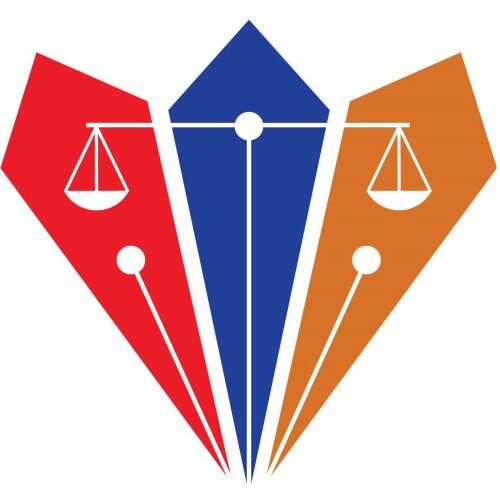Best Immigration Lawyers in Dar es Salaam
Share your needs with us, get contacted by law firms.
Free. Takes 2 min.
List of the best lawyers in Dar es Salaam, Tanzania
About Immigration Law in Dar es Salaam, Tanzania
Immigration laws in Dar es Salaam and the rest of Tanzania are governed by the Immigration Act No. 7 of 1995 as well as by the Immigration Regulations of 1997. This legislation covers matters such as the admission of aliens into the country, issuance of passports as well as residence and work permits for non-nationals. Immigration laws are strictly enforced in Dar es Salaam, Tanzania's largest city and a key commercial hub.
Why You May Need a Lawyer
Whilst the application process for visas, work or residence permits may seem straightforward, there can be complications, particularly for foreign nationals unfamiliar with Tanzanian immigration processes and legislation. Reasons you may require a lawyer include: challenging a rejected application, applying for a work or residence permit, navigating deportation proceedings or if you are seeking asylum. A good immigration lawyer can help you understand your rights, guide you through the legal process, and increase your chances of a successful outcome.
Local Laws Overview
The main governing law, Immigration Act No. 7 of 1995, outlines who requires a visa or permit to enter Tanzania and the associated requirements. All non-nationals require work permits, which are divided into classes, each designed for a different category of employee. Class A permits are for investors and self-employed individuals, Class B are for professionals, and Class C are for volunteers. Each permit class has different requirements and processes. The overstay fee for visitors is $50 per day, and illegal working can lead to penalties or deportation.
Frequently Asked Questions
1. Can I become a Tanzanian citizen if I marry a Tanzanian?
Marriage to a Tanzanian citizen does not automatically grant you citizenship. However, it may make you eligible to apply for citizenship by naturalization.
2. Can I work in Tanzania with a tourist visa?
No. To work in Tanzania, you need a valid work permit. Working whilst on a tourist visa is illegal and can lead to penalties.
3. How long can I stay on a tourist visa?
Most tourist visas allow a stay of up to 90 days, but this can vary depending on the specifics mentioned on your visa. Overstaying can result in fines.
4. Can a company sponsor my work permit?
Yes, a company can sponsor your work permit application. However, the company must prove that they were unable to find a Tanzanian citizen who could perform the role.
5. How long does it take to process a work permit?
Processing times vary, but it typically takes 2 to 3 months to process a work permit application.
Additional Resources
The Tanzanian Immigration Department's website is a valuable source of information. Another useful resource is the Tanzania Investment Centre, particularly for individuals interested in business and investment in Tanzania. The Immigration Services Agency, a branch of the Ministry of Home Affairs, also provides immigration-related services and information.
Next Steps
If you require legal help with immigration matters in Dar es Salaam, begin by seeking a qualified immigration attorney. Carefully research your options and choose an attorney who is familiar with Tanzanian immigration laws and processes. Maintaining open lines of communication with your lawyer and promptly providing them with all requested documentation can help facilitate the process.
Lawzana helps you find the best lawyers and law firms in Dar es Salaam through a curated and pre-screened list of qualified legal professionals. Our platform offers rankings and detailed profiles of attorneys and law firms, allowing you to compare based on practice areas, including Immigration, experience, and client feedback.
Each profile includes a description of the firm's areas of practice, client reviews, team members and partners, year of establishment, spoken languages, office locations, contact information, social media presence, and any published articles or resources. Most firms on our platform speak English and are experienced in both local and international legal matters.
Get a quote from top-rated law firms in Dar es Salaam, Tanzania — quickly, securely, and without unnecessary hassle.
Disclaimer:
The information provided on this page is for general informational purposes only and does not constitute legal advice. While we strive to ensure the accuracy and relevance of the content, legal information may change over time, and interpretations of the law can vary. You should always consult with a qualified legal professional for advice specific to your situation.
We disclaim all liability for actions taken or not taken based on the content of this page. If you believe any information is incorrect or outdated, please contact us, and we will review and update it where appropriate.
Browse immigration law firms by service in Dar es Salaam, Tanzania
Dar es Salaam, Tanzania Attorneys in related practice areas.













